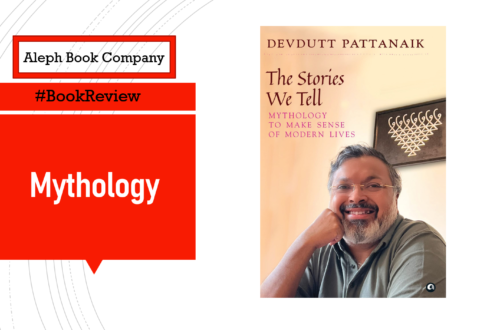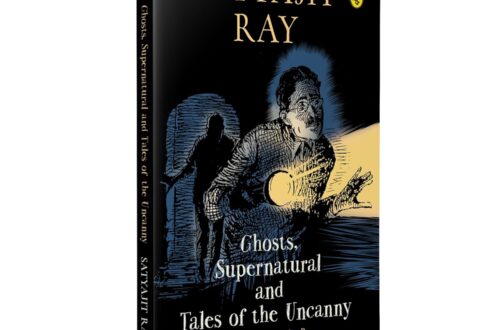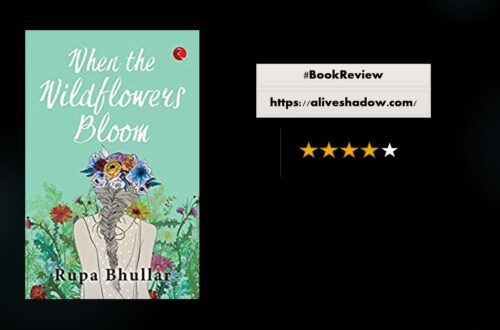Book Review: The Hindu Way by Dr Shashi Tharoor
The Hindu Way
Author: Dr Shashi Tharoor
Publisher: Aleph Book Company
Rating: 3.5/5

Dr Shashi Tharoor’s first book in this series ‘Why I Am a Hindu?’ took the readers on a joyride that helped them discover the thickets of Hinduism. In simple and plausible ways, Dr Tharoor explained the dogmas of the religion that follows polytheism and it is the only faith where one is not bound by conviction to believe that only the one who follows Hinduism is right and others have missed the correct path. His first book was such a hit among the people that they demanded a sequel to it- a book that would omit the political aspect of religion. Hence, came The Hindu Way.
The Hindu Way begins on an endearing note when the author mentions clearly that his faith in this religion is owing to two reasons- one, that he was born here, and two, that the flexibility of the religion entices him. He mentions how he is proud to honour the sanctity of other faiths without compromising his devotion to his own religion. Highlighting the two basic principles on which Hinduism is based- acceptance (allowing other people the right to be wrong) and tolerance (accepting someone else’s truth with ease), The Hindu Way traces the path of Why I Am a Hindu in most sections. Re-defining the religious terms in this book, the author describes the importance of religious texts and Vedic scriptures that hold a lot of significance in shaping Hinduism. Sadly, the content seems only one-dimensional. While there is nothing to deny the fact that yes, Hinduism does accommodate all beliefs, he fails to answer the most important question- if Hinduism allows its followers to respect other religions, why is there a constant battle of wills between the upper and the lower castes? He deftly digresses from the topic by quoting instances that showcase the justice meted out to the lower caste people when they were given respectful positions in the past.
The Hindu Way touches upon the concept of God and through the examples of Svetaketu and Uddalaka, the author questions the existence of God. He also draws a parallel between Hinduism and iconography. Describing the origin of various Gods and Goddesses, he touches upon the reasons why Hindus worship who they worship. Sadly, most of this information was already a part of the first book. Hence, it was not pleasant to read it again!
In a nutshell, the first part of the book describes the philosophical branches of the theistic as well as the atheistic sect. In the rest of the sections, he utilizes the freedom to criticize the followers of Hinduism. Unfortunately, he fails to provide an answer for the prevailing problems that have pushed most Hindus to retort in their own ways. Nevertheless, if one keeps an objective outlook, Dr Tharoor’s attempt to highlight the importance of Hinduism as the only religion in the world that doesn’t seek to proselytize or to demean others belonging to different faiths is praiseworthy.
The language is something to look out for in this one too. Certain sections of the book are repetitive and hence, mundane. With apropos vocabulary and smooth flow of the ideas, this book is a must-read for every apolitical person who is baffled with the concept of religion and the people.
Best wishes to the author!
Buying link: Amazon


